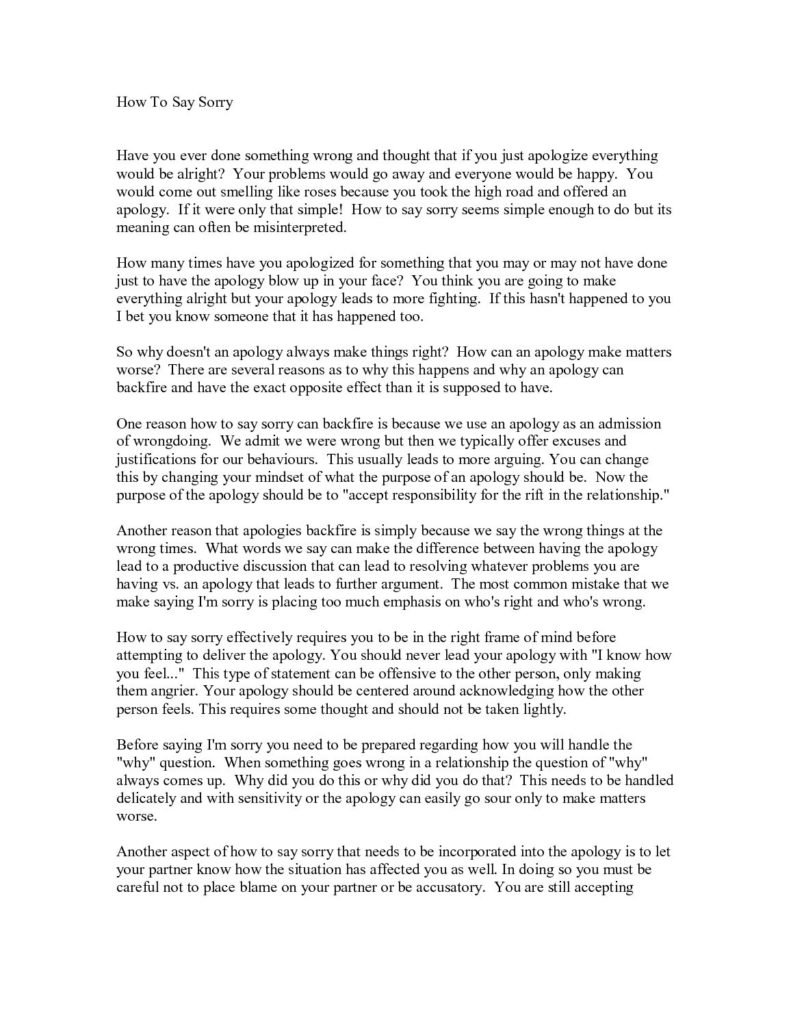We are often justified when we have a conversation with someone. Our speech is primarily based on the reasons or explanations why we do or do not do certain things.
These reasons or explanations are intended to clarify our intentions or motivations, however, they become justifications or excuses, because often they would not be necessary because the interlocutor is not interested in them.
Even sometimes, we justify feeling more relaxed, because we care what the interlocutor thinks of us.
We justify ourselves when we do something and give a lot of explanations, and we use excuses when we don’t do something and want to apologize for our lack of action.
But why are we doing this?
We usually use justifications and/or excuses when we want to be sure or look good with ourselves. However, without realizing it, we show our insecurity and seek the approval of others.
On these occasions, doubt, uncertainty and insecurity make us forget that we have the right to make our own decisions and that we should not simply try to please others, we decide to change or invent them, depending on what others think.
In order to stop justifying ourselves for what we have done or to apologize for what we have not done, it is important, above all, to make safe decisions and analyze the reasons for our choices. We have to understand that we have the right to make decisions, our own decisions, even at the risk of making mistakes.
That is, we must feel authentic, be ourselves, feel completely free to be who we are and recognize our opinions and decisions, always courage.
In many cases, when communicating a decision taken, it is appropriate to state the reasons. In this case, it is not necessary that setting out your reasons is a justification or an excuse. Consider the following tips:
Accepting the apologies of others is something we do when we want to continue to maintain the image we have of the other person or, alternatively, we want a third party to maintain a specific image of the person we feel for.
Sometimes we try to maintain a person’s image, even if their behavior doesn’t correspond to them, because we need it or rely on them physically or emotionally.
What are the implications of accepting the justifications of others?
The main consequence is that we will never have the true image of who the other person is. When we accept their justifications, we continue to maintain the image we want, without discovering what the person really is.
This can lead to suffering when we finally discover that the person in question is not the person we imagine, so disappointment and physical, psychological or emotional harm are inevitable.
First of all we have to learn to stop doing this to ourselves, it has to do with our self-esteem, that is, from the moment we feel more confident and satisfied with ourselves, we will learn whether or not to accept people for their actions, attitudes and behaviors, and not so much for what they say or want us to believe.

